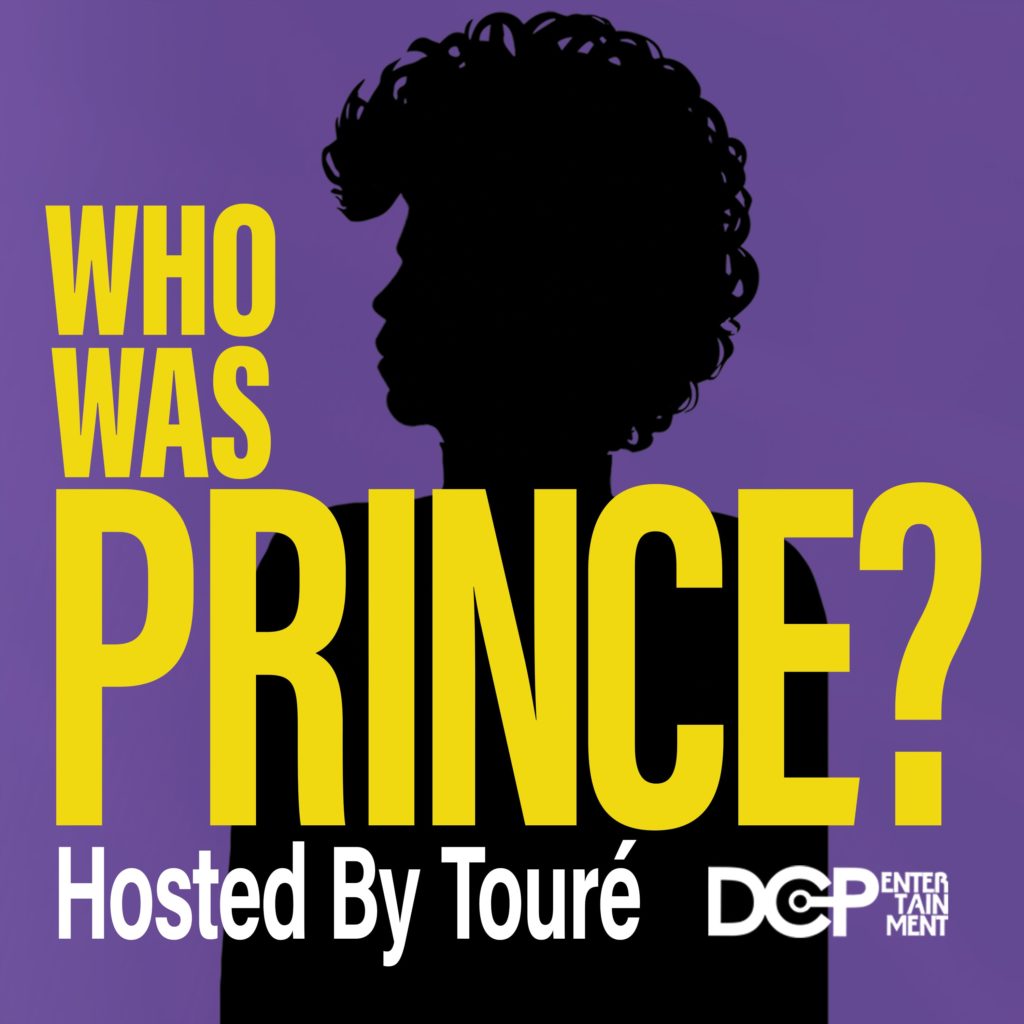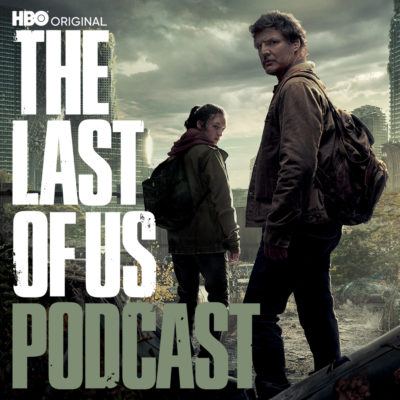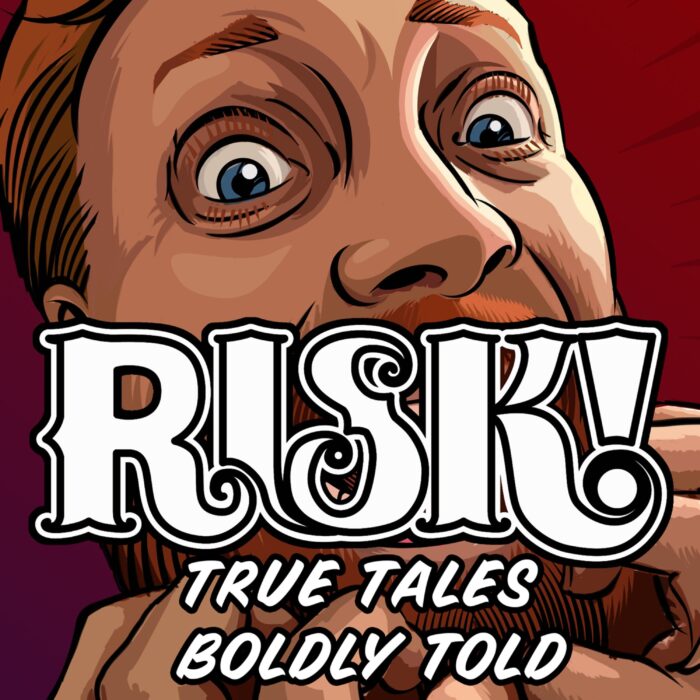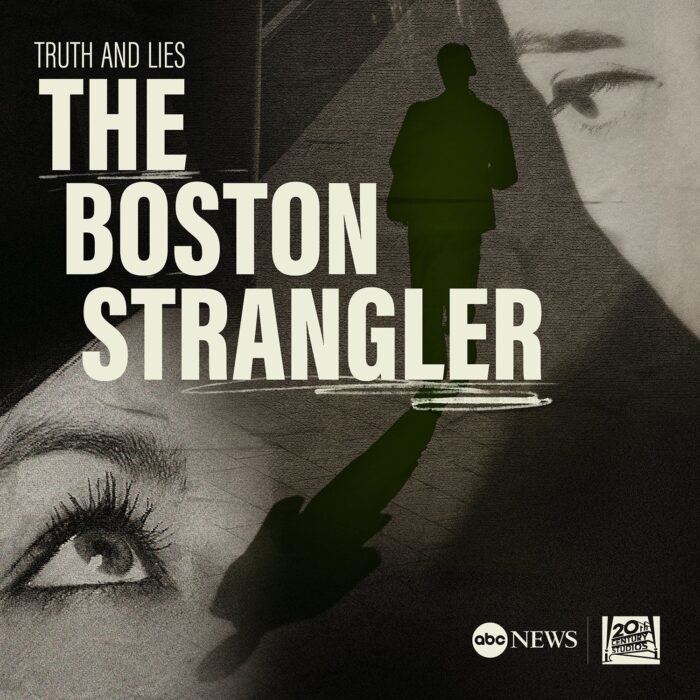Happy birthday, Prince! ‘Who Was Prince?’ continues its purple ‘reign’ of the podcast space

Presented by DCP Entertainment, music journalist Touré hosts “Who Was Prince?” an 8-episode podcast about the artistic genius, performer, songwriter, and musician. Although we know who he is, through his body of work and celebrity status, he remained mysterious. Did those closest to him really know him? Is there a difference between Prince the person and the artist’s persona? This podcast attempts to dig beyond Prince’s mystique to unveil how prolific of a songwriter and artist he was. How he became one of the greatest musicians of all time with a superhuman work ethic and shared his uncanny, philosophical approach to music with those around him.
For the podcast, Touré spoke with many individuals close to Prince, both personally and professionally. We’ll find out the scoop from his managers, musical collaborators, engineers, childhood friends, and ex-girlfriends. Whether you’re a fan of Prince’s charisma, you’re just listening to Prince for the first time, or you’re an archivist of his music, you’ll deepen your understanding of this elusive musician with this podcast.
Prince could do it all. A guitar virtuoso, synthesizer master, a singer with a range greater than his bandmates, and he could out-beat any drummer. Prince could also dance up a storm and he uniquely fashioned himself. He was known for the ability to create music from anything. Once, a fan handed him a letter while on vacation and he wrote song lyrics based on that note. We’ll learn about how Prince absorbed the concept of harmonies from listening to his mom singing in the car. His touring musicians share how he was a tough boss who would fine his musicians for messing up on stage and how his background band could easily devote 18 hours to practicing one single groove of a song.
Touré has interviewed Prince and has written a book called I Would Die for You: Why Prince Became an Icon. The first episode details the time Touré went to Paisley Park, Prince’s home, to interview him for a magazine article. Finding Prince to be cagey at first, they bonded over basketball. In this interview, as well as others at that time, Touré was not permitted to record Prince’s conversations. He took notes by hand. Prince commandeered the interview to make several announcements and focus on his finances. Then, he avoided questions. Around the time that Prince changed his name to a symbol and became the “artist formerly known as Prince,” he had just split with his label.
Touré finished the interview but did not have enough material for the cover story. He asked Prince’s publicist to email over some follow up questions. They emailed back and forth, and when asked where his talents derive, Prince cites it comes from God. Touré happened to ask if he could verse Prince in a 1-1 basketball game and he obliged. Touré headed back to Paisley for the game. Prince traded his heels for sneakers and they had a blast. It quickly became a 2-2 tournament when his bandmates joined in the fun. Prince’s keyboardist observed Prince’s driven and competitive nature, even on the basketball court.
Touring musicians and ex-girlfriends marvel on what they refer to as his different personalities, the names they gave those personas, and his ability to compartmentalize his emotions. He’d swing moods – going from joyous to guarded. His manager, Alan Leeds, thinks he was still suffering from his parents’ divorce from when he was younger. And music was a way for him to control the many layers of his life. Alan remarks that he reminded him of James Brown, who had similar familiar experiences. Leeds also worked with Brown.
The second episode speaks with Prince’s former collaborators and musicians. They explain how free he was in his music. Musicians share how they’d often spend more than 24 hours at a time in the studio with the legend. Prince would refuse to leave the studio until a song was finished. His musicians dish on how innate and unreal his writing process was. How he would write multiple music lines simultaneously, like finishing the bass part while working on the drum pattern, and ride the flow without second-guessing himself. He worked so fast, engineers said the tape machines didn’t rewind quick enough for him. It is reported that he’d binge-eat cake and other sugary foods while working in the studio.
Tune in to the series to hear more about Prince!





